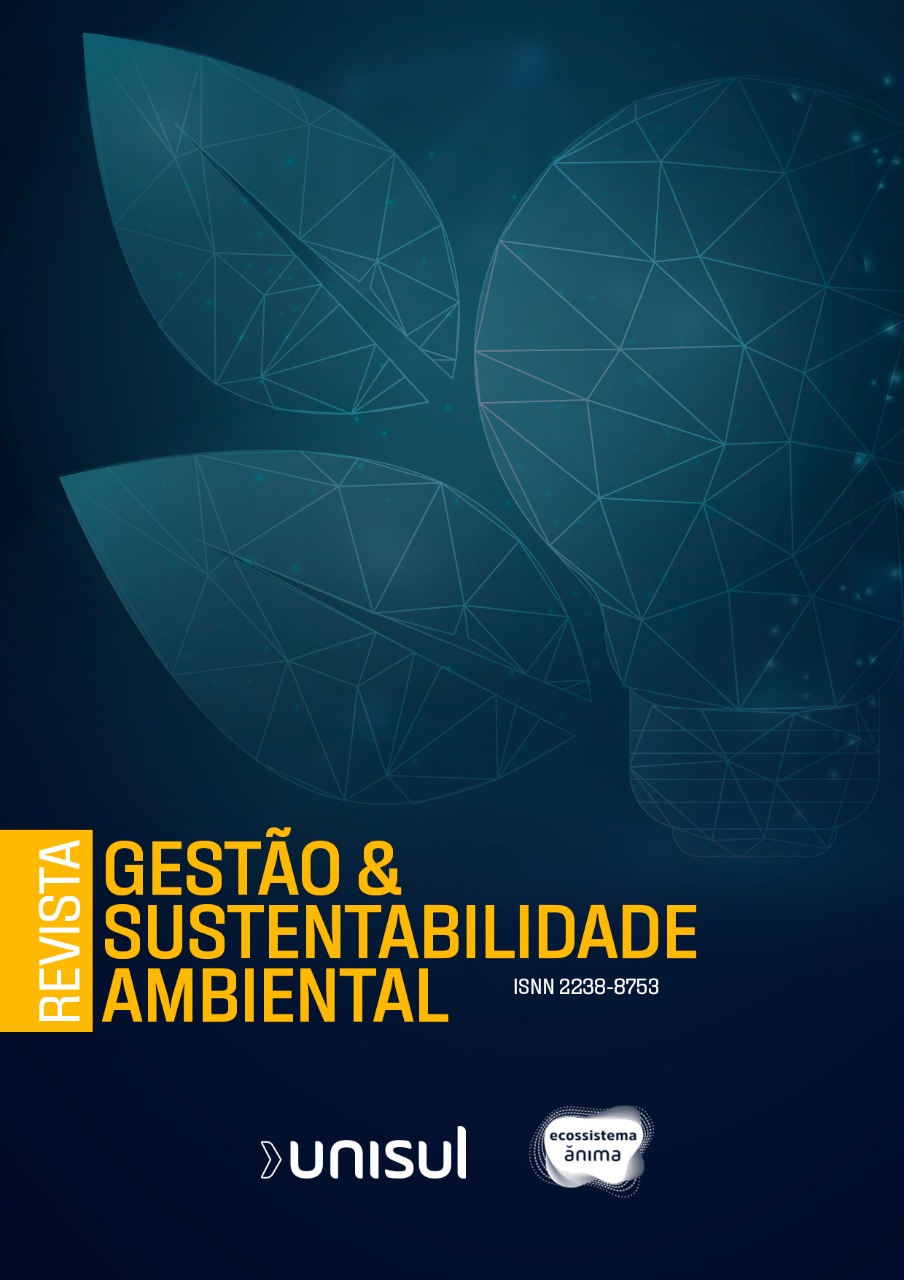IMPROVED VERMICOMPOSTING AS A TOOL FOR THE SUSTAINABLE MANAGEMENT OF AGRO-INDUSTRIAL WASTE
DOI:
https://doi.org/10.59306/rgsa.v11e1202221-41Keywords:
Fertilizer, Efficient microorganisms, Agroindustry, Socio-environmental managementAbstract
The agro-industrrial sector is a high generator of organic waste that may cause severe impacts to society and the environment when improperly disposed, and inefficient management had been carried out. In this sense, it has intensified the search for socioenvironmental solutions for the disposal of this waste and several studies point to the use of composting as a valuation technique, however they still present gaps regarding the composition of the subproduct generated. Presence of metals and nutrients may represent a problem for the use as fertilizer, because high concentrations contaminate the soil and water, resulting negative impacts to environment and human health. Therefore, the objective was to use vermicomposting with the addition of efficient microorganisms (EM) as a solution for the socio-environmental management of agro-industrial wastes. The research was carried out through a case study in a rural property, in which three treatments were carried out with residues of mix of manure
(chicken, goat and sheep), grass (Pennisetum purpureum) and dry corn straw. In treatment I it was added only to earthworms for vermicomposting (Eisenia fetida) and in treatment II and III in addition to this, the concentration of 4 mL / L and 8 mL / L of EM was added. The results
indicate that the technique is feasible for agro-industrial waste management, producing a compound with lower presence of metals and higher levels of nutrients when compared to the compound produced without the presence of EM.
Downloads
Published
Issue
Section
License

O trabalho Revista Gestão & Sustentabilidade Ambiental foi licenciado com uma Licença Creative Commons - Atribuição - NãoComercial - CompartilhaIgual 3.0 Brasil.
Com base no trabalho disponível em www.portaldeperiodicos.unisul.br.








